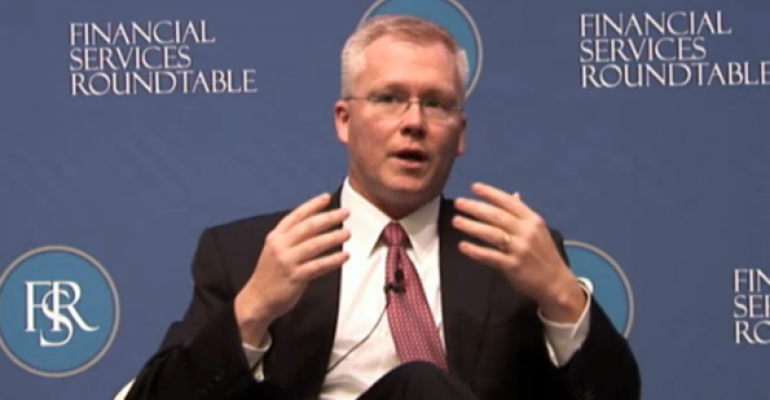By Sarah N. Lynch
WASHINGTON, May 9 (Reuters) - A U.S. securities regulator is warning retail investors to tread carefully before putting money into a risky new type of start-up financing vehicle that may never provide a return on their investment.
In a speech to state securities regulators on Tuesday, Securities and Exchange Commission member Mike Piwowar, a Republican, said the SEC plans to release a new bulletin warning about the risks of investing in "simple agreement for future equity" instruments, also known as "SAFE" deals.
SAFEs were developed in Silicon Valley and are targeted toward venture capitalists. The instruments let them purchase the opportunity to become future equity holders in a company, if certain events are triggered such as the company goes public or raises a substantial amount of funds.
According to an academic paper published in the Virginia Law Review Online late last year, SAFEs have a number of risky features. While they resemble convertible notes, they do not accrue interest. They also do not pay dividends and their shareholders are not granted voting rights.
Although SAFEs are designed for sophisticated investors, they are increasingly being sold to retail investors through crowdfunding offers, which help small companies raise up to $1 million from average investors.
"They are not securities with which many retail investors are well acquainted," Piwowar said in prepared remarks. "Securities marketed as 'safe' or 'simple' ought to be just that."
It is unclear what the SEC may do to police potentially misleading disclosures surrounding SAFEs, besides issuing warnings.
Last week, Piwowar stepped aside as acting SEC chair after Jay Clayton was sworn in as the new head of the agency. As chairman, Clayton will set the SEC's agenda and priorities.
In addition to warning about SAFEs, Piwowar also revealed that prior to stepping down as acting chairman, he also asked staff to craft new rules targeting auditor independence and lending.
Accounting firms currently cannot audit the books of corporate clients that are at least 10 percent owned by a bank or firm that lent money to the auditors.
The rule is designed to prevent conflicts and keep auditors objective. But Piwowar said it makes no sense for mutual funds, whose shares are owned by many individual investors.
Piwowar said he asked for reforms to "address unnecessary compliance issues" for asset managers.
Whether or not Clayton will continue that work remains to be seen. (Reporting by Sarah N. Lynch; Editing by Dan Grebler)






